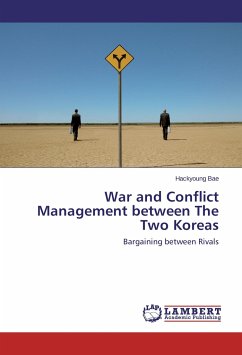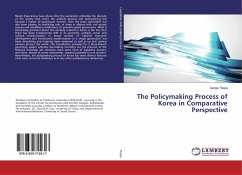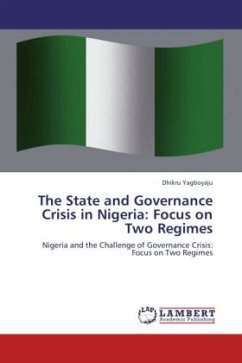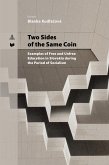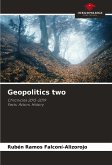How can we understand the dynamic of conflict and war that has existed between the two Koreas since 1950? How can we manage or prevent both conflict and war in the forseeable future between two Koreas? The two Koreas have not experienced any war since 1953 even though they have experienced many militarized and non-militarized conflicts that they could have gone for another Korean war. Why don't they go to war but experience militarized conflict? This is the question that I try to find the answer in this book. My tentative answer for it is two Koreas bargain over conflictual issues and reach an agreement. But, when a political shock occurs, it is more likely to fail in reach an agreement two Koreas are satisfied. To avoid a failure of agreement, we need to prevent shocks and send our certain signal for the war. I hope this book is very interesting for students studying conflict, war, and Korea and policy practitioners.
Bitte wählen Sie Ihr Anliegen aus.
Rechnungen
Retourenschein anfordern
Bestellstatus
Storno

